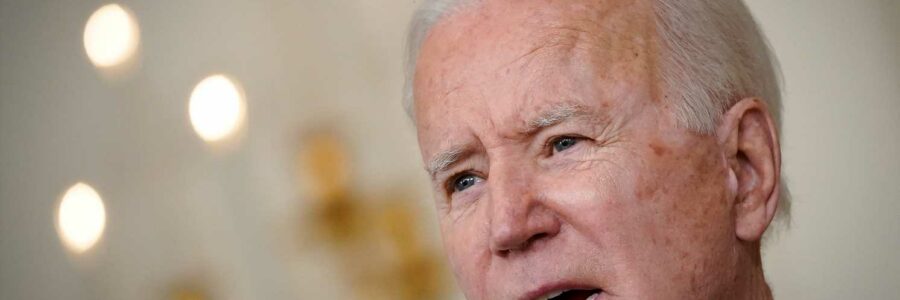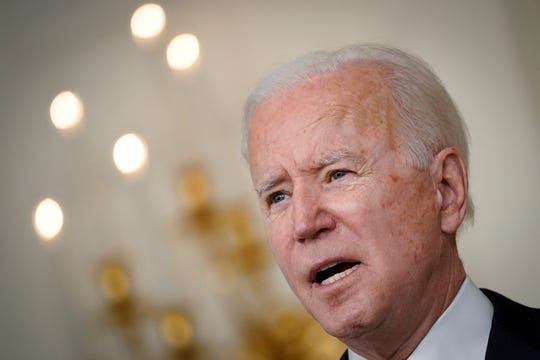
White House doesn’t rule out wealth tax, but Biden’s tax policy doesn’t include it
The Biden administration hasn’t ruled out the idea of a wealth tax in recent days as progressive Democrats lean on the administration to adopt the policy into a future tax reform package.
“There is a shared view that those at the top are not doing their part, that corporations could pay more in taxes,” Psaki said of a wealth tax proposal Sen. Elizabeth Warren, D-Mass., introduced in Congress on March 1.
Warren, who campaigned for president on a platform including a wealth tax, introduced an “ultra-millionaire tax” in her legislation. The tax would impose a 2% annual tax on the net worth of households and trusts between $50 million and $1 billion and another 1% surtax on any wealth above $1 billion.
More: In the year of COVID-19, who has really benefited from the stock market boom?
Business owner: COVID aid money going into savings
“Her view is that middle-class families are paying more than their fair share and those at the top are not doing their part,” Psaki said of Warren’s economic philosophy, noting that Biden “has that shared objective.”
Psaki cautioned, however, that Biden has already laid out his own tax proposals, which do not currently include a wealth tax.
President Joe Biden delivers remarks in the State Dining Room of the White House on Monday. The administration announced on Monday that Gene Sperling, a former top economic official in the last two Democratic presidential administrations, will oversee the rollout of the $1.9 trillion coronavirus stimulus package Biden signed into law last week. (Photo: Drew Angerer, Getty Images)
OnPolitics: President Biden’s victory lap
In contrast to income taxes, which are applied to a person’s individual earnings or an entity’s profits, a wealth tax charges an amount from the value of given assets. Progressive economists have long argued for a wealth tax as a means of combatting wealth inequality and other ills.
Many countries have experimented with wealth taxes, though only five OECD countries, a group of high-income nations, still had their wealth taxes on the books in 2019. Most countries abandoned the policy because it is difficult to enforce, including in how to first determine people’s actual net worth.
On Sunday, Treasury Secretary Janet Yellen said the administration was still exploring such a tax but stressed that no decision has yet been made.
“He hasn’t proposed a wealth tax, but he has proposed that corporations and wealthy individuals should pay more in order to meet the needs of the economy,” Treasury Secretary Janet Yellen told George Stephanopoulos Sunday on ABC News’ “This Week.”
When pressed, Yellen said the policy wasn’t “something that we haven’t decided yet, and can look at,” as a possibility.
Yellen also noted, however, that Biden has already “proposed a higher tax rate on corporations, on individuals and on payments, capital gains and dividend payments” arguing that such measures “are similar in their impact to a wealth tax.”
During his presidential campaign, Biden promised to not raise taxes on any families that made less than $400,000 in annual income. That figure, far above the average median household income in the United States, would likely focus the administration’s tax policies on high-income and wealthy Americans.
A wealth tax would even more disproportionately target high-income and high-net-worth families and institutions.
The White House has already tinkered with the federal tax system. A provision in the American Rescue Plan, Democrats’ $1.9 trillion stimulus package, would expand the child tax credit to up to $3,600 per child for children up to 6 and $3,000 for children up to 17.
White House Chief of Staff Ron Klain said Sunday the administration wants to make the tax benefits permanent, a move that would effectively establish a universal child allowance in the United States.
President Joe Biden kicked off the White House's effort to highlight the benefits of his massive COVID relief plan, touting "shots in arms and money in pockets" as his administration began fanning out across the country to promote the package. (March 15)
AP Domestic
Source: Read Full Article
